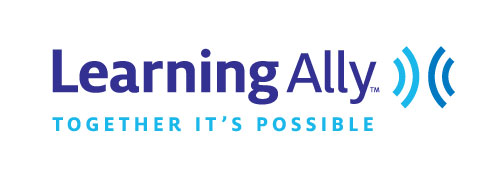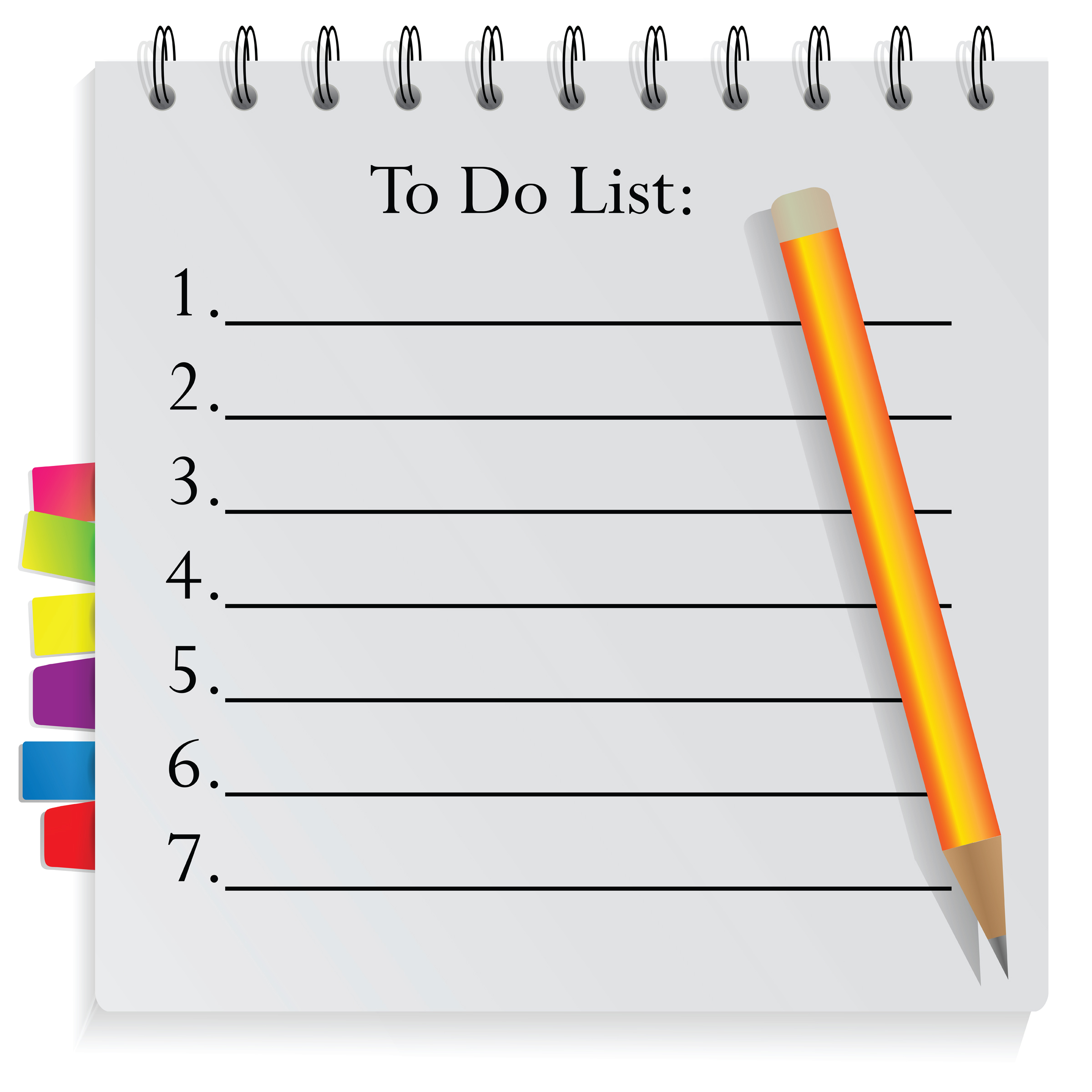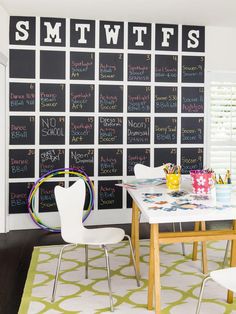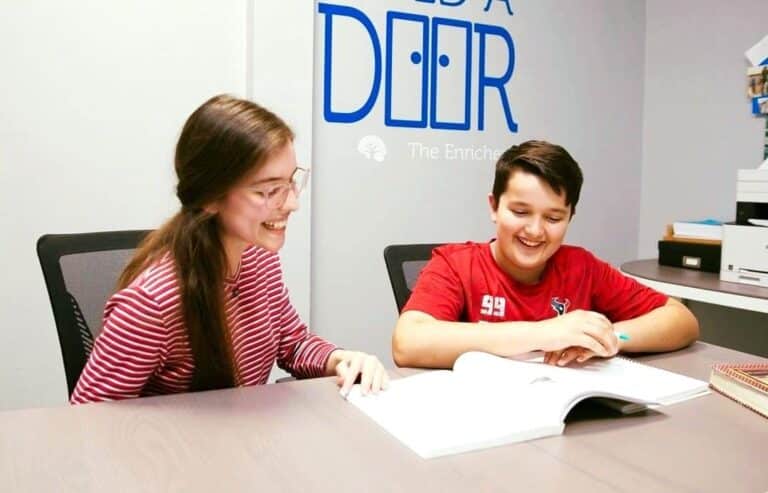Tips & Tricks for
Students with Dyslexia
Having a learning disability adds an extra level of difficulty to the already challenging work in school. Dyslexia is a learning disability that actually describes a cluster of different difficulties, all dealing with language. It can make reading, transcribing notes, pronouncing words, writing papers, and many other tasks extremely difficult – tasks that the average student may take for granted.
Aside from the specific academic difficulties that dyslexia can cause, it can wreak havoc on a student’s self-image. If you struggle with dyslexia, it’s incredibly important to know this: dyslexia is caused by anatomical and functional differences in the brain. It has absolutely nothing to do with your intelligence or your ability to succeed. By working with your teachers, developing tricks and techniques that work for you, and staying on top of your schedule, you can be a high-achieving student and an overall #boss.
Get specific with your teachers or professors.
There are so many different symptoms of dyslexia, and it’s important that your teacher understands your personal symptoms. Don’t be afraid to tell them exactly what you cannot realistically do, and you can explain any accommodations you’ve utilized in the past. If you struggle to transcribe notes and are in a lecture with extensive note taking, ask your teacher if you could receive the notes online or in a printout. If your teacher gives students time in class to read silently, let them know you if you will be listening to the audiobook version. Your teachers will be accommodating, because dyslexia is written into the Individuals With Disabilities Education Act.

Invest in a good voice-recognition program for your computer.
In an article written by The Yale Center for Dyslexia & Creativity, one dyslexic student said using a voice-recognition program has tremendously improved his papers. Using a voice-cognition program can type your paper or notes while you speak, making the process easier and faster. If writing or typing is demanding and arduous, speaking your assignments can remove one burden and allow you to instead focus on the quality of your work. Many programs have a feature that can read the writing back to you, so you can catch any mistakes that you may not have otherwise noticed.
Plan, plan, plan!
Dyslexia does not mean your schoolwork will be inferior to that of your peers. It does mean you may need more time on the same assignments, though. While time-management is a crucial skill for any high school or college student, it’s especially vital for dyslexic students. In the same Yale article, one student said her key to success was not only marking due dates, but also the date she needs to start on something. Procrastinating until the night before an assignment is due will probably not cut it, so give yourself generous windows of time to complete things.
Embrace audio recordings.
Think beyond audiobooks– we’re talkin’ audio magazines, audio newspapers, and audio reference materials. Check out the website LearningAlly.org, a website dedicated to “helping blind, visually impaired, & dyslexic students thrive.” Not only do they provide audio recordings, they also provide support services for students, parents, and teachers. They operate with the same philosophy that you should remember at all times: having dyslexia simply means you need to absorb information in a different way. It does not mean you can’t learn every thing you’ve ever wanted to learn!

Break assignments or tasks into chunks.
A large, daunting task can be intimidating and discouraging. Instead of trying to tackle a big research paper in one fell swoop, create a to-do list of mini-tasks. For example, give yourself time one day to do your research, outline your paper the next day, spend the following day writing your intro paragraph, and so on. Of course, you should create this schedule according to your due date! If you set small, realistic goals, you will be surprised how much more accessible the final goal becomes.

Get noise-canceling headphones.
When you’re studying or doing homework, it is key to minimize your distractions. Working through dyslexia demands your full attention, and you’ll save time by studying smart. If you’re working in study hall or your school’s library, some noise-canceling headphones (or even simple ear plugs) can really help you zone in on the task in front of you.
Find dyslexic role models.
Helpful teachers, supportive parents, and encouraging friends are important when you have dyslexia, but nothing helps quite like hearing from someone who gets it. Navigating high school and college with a learning disability is a journey, and it’s incredibly helpful to learn from someone who has navigated it. Ben Foss, the author of The Dyslexia Empowerment Plan, understands how difficult it can be, but offers these powerful words. “… I can tell you with 100 percent certainty that it will get better. Indeed, you’re going to have fun.” Try to view your dyslexia as an stimulating challenge, and meet it with creativity, patience, confidence, and optimism.








